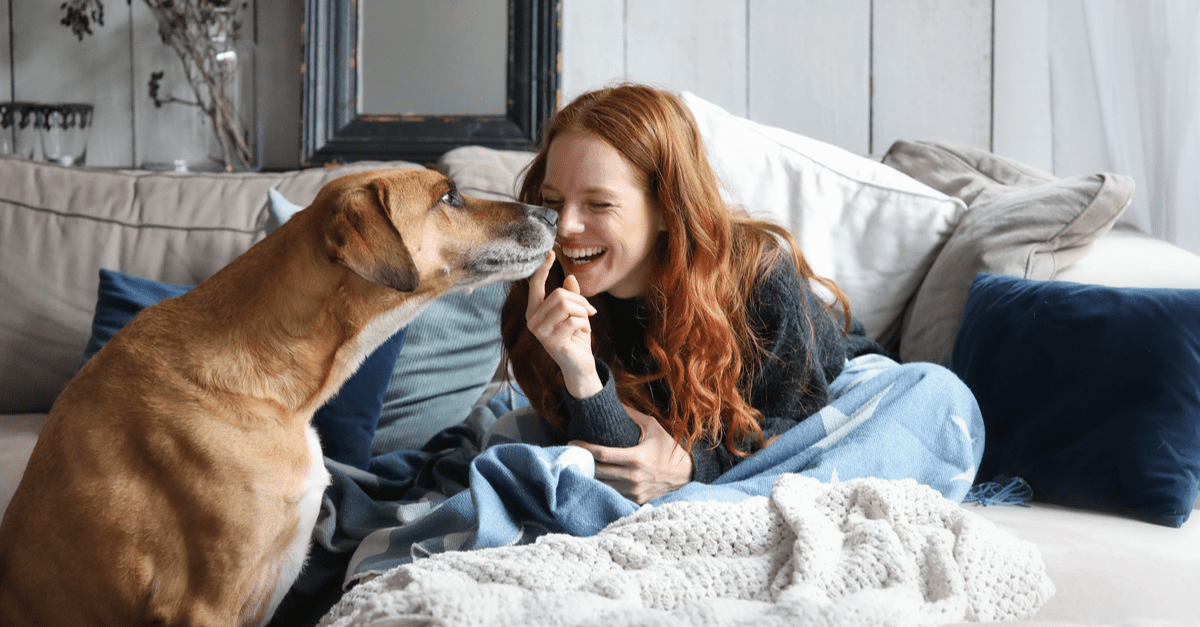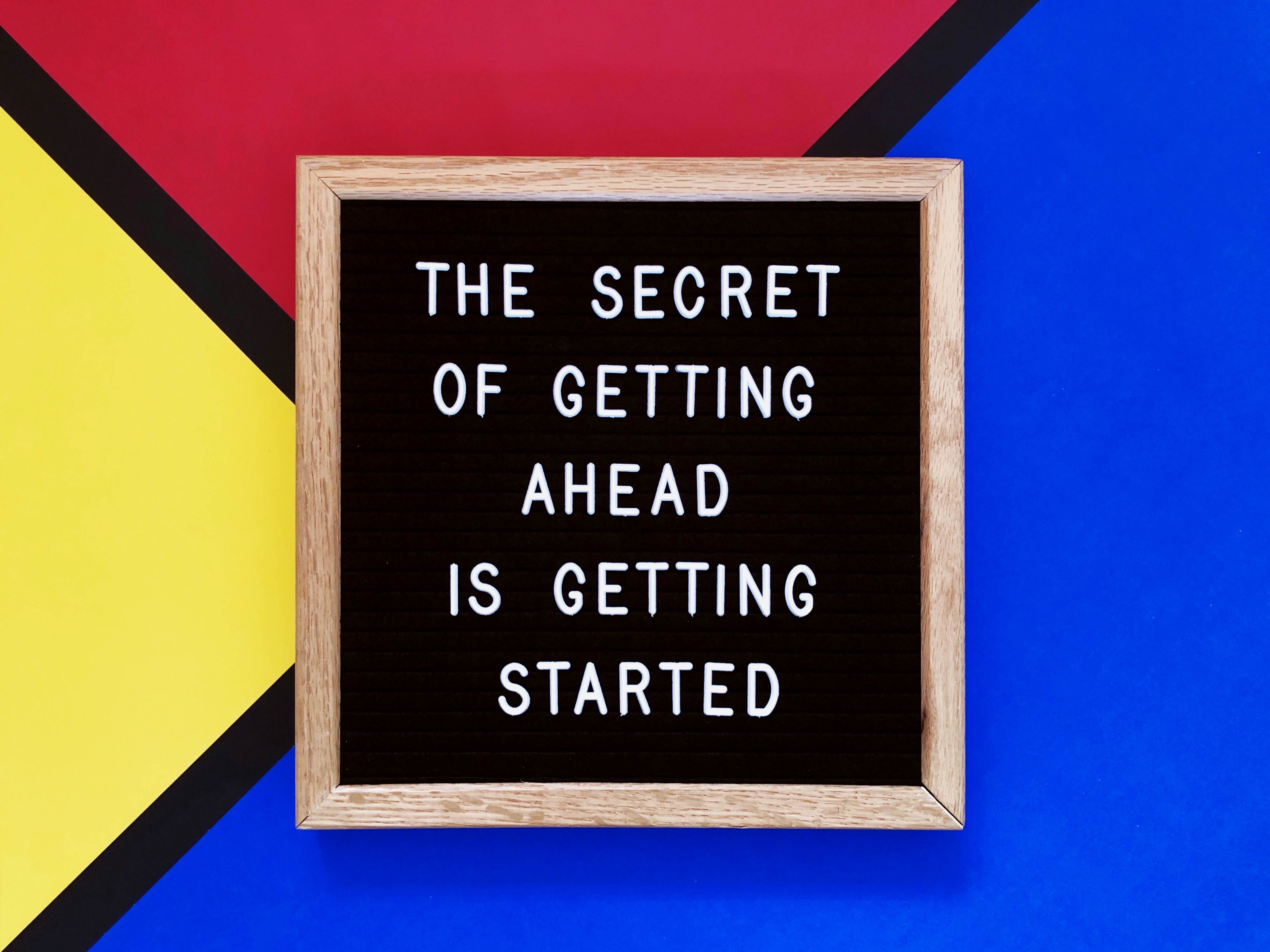“Connecting & communicating in the time of COVID-19.” This was the title of a flyer I received from my Temple a few weeks ago. Like most people, I have not been in person to a church, a temple or any kind of religious service for a year due to COVID restrictions. Our temple has done what most religious organizations have done and that is rely on Zoom to hold services, events, etc. I’ve even attended a funeral via Zoom.
When I received this webinar flyer, I felt a special connection: the speaker, Dr. Lois Abrams, is a lifelong friend—a psychotherapist who helped me through some of my darkest divorce moments and actually encouraged my youngest daughter Sophia to pursue HER dream to become a marriage and family therapist (Sophia will graduate in 10 weeks with a master’s degree).

So, last Thursday evening, I attended the virtual program with Lois speaking. The content was particularly relevant, so I wanted to share some of the insights with you. And, thankfully, Lois interspersed a bit of humor into the evening, which made it a lighter conversation.

As you can probably guess, Lois uses dogs as part of her therapy practice. I believe she was one of the first therapists to use animals to help treat patients and she has spoken across the country and personally trained many therapists on how therapy dogs can assist in identification, treatment and recovery.
So, now to the topic of the evening: COVID. First Lois acknowledged the cultural, gender and age differences in reactions to the pandemic. It may come as a surprise to learn that everyone does not react the same to the situation. There are proven racial differences, gender differences and, as far as age goes, some of the youngest children do the best with mask wearing. In contrast, high school and college students may feel cheated out of their educational experiences of the rites of passage and, as we’ve seen, may not believe that fraternity and sorority parties are not really the best idea (as these events can become “super spreaders” for COVID).
Lois called COVID-19 the “emotional pandemic.” Most of us when we watch the news are aware of the physical effects (illness, hospitalization, recovery and sometimes death), but have we acknowledged the emotional effects of isolation and feelings of abandonment? One of the most significant effects of the pandemic has been the large numbers of people who are experiencing significant depression. I have several friends who have mentioned to me their own friends and family who are suffering from COVID-induced depression. The effects are real.
Have you ever thought about the similarities between the pandemic and PTSD (post-traumatic stress disorder)? Is the reaction we are seeing from many people during COVID similar to symptoms of PTSD?
*Isolation
*Feeling overwhelmed
*Moody
*Irritable
*Sleep issues
*Fears
*Overeating and not eating
*Drinking in excess
*Intrusive thoughts and images
*Blaming others
*Nightmares
*Heightened or lowered alertness
*Guilt
*Anxiety
*Agitation
Lois said that these are all normal reactions to an abnormal situation when we feel anxious, depressed or frustrated.
So then, Lois turned to what YOU can do during COVID—for yourself. Like with any circumstance, you can let things happen, or you can take control and make things happen! Here are a few of her suggestions about simple actions you can take to help you, or your loved one, deal with the reactions to the isolation and loneliness felt from COVID.
*Journal writing—you can write both about frustrations and gratitude. I hear a lot about expressing gratitude … but how about being “real” and also acknowledging the frustrations? I have found that once you talk about them out loud, they actually seem to subside.
*What about writing letters to family and friends? I certainly have started doing this, and I believe a handwritten and addressed note, in my own handwriting, shows I am sending “love and caring” to someone. How about writing one handwritten card a week? That’s a good start.
*Talk on the phone with family or friends. Pre-COVID, we never had enough time in the day to call friends … well, now we do! Try it! I know that I have started to do this more often, and I have found it to be quite enjoyable.
*It’s okay to send text messages as a way to check in with friends, clients or family. If you don’t feel like writing a letter or calling them, a quick text lets them know you are thinking about them.
*Facetime is a great tool. (My two daughters and I used Facetime so we could be together all eight nights of Hanukkah in December … it was amazing!)
*Self talk—sometimes it’s helpful to talk to yourself out loud, perhaps when you are in the car, or in the bathroom by yourself.
*Spiritual Prayer—prayer or meditation is very personal and can be quite grounding. Perhaps using some quiet time to reduce stress may be helpful.
*Playing music—try listening to or playing calming music or your favorites. My mom Frieda always had classical music blaring inside her house. When I was younger, I was annoyed by that. Now I find that hearing music while I am inside my house grounds me and makes me feel less lonely, even when I am alone.
On a more physical note, Lois also talked about the importance of getting physical … exercising and gardening (being outdoors). Doing physical exercise stimulates endorphins in your system which makes you feel better! It’s not just the burning of calories we’re talking about here—it’s creating positivity with movement.
And of course, she emphasized that the simple act of petting a dog or cat is proven to lower your blood pressure (and stress). No wonder that adopt-a-pet and rescue organizations have seen increased interest in their services! Believe it or not, some places in the U.S. have no pets to adopt—they ran out!

So, until we are all vaccinated and are free to visit our closest friends and family members, I hope my friend Dr. Lois Abrams’ advice resonates with you in some way. I can say that I am 100% positive that my own increase in exercise level during COVID has helped me greatly in feeling positive and not so isolated. And hand writing notes (108 written so far this year) to family, friends and business colleagues has become a new habit that I actually love!
Remember that old saying: Don’t worry—be happy!
Karen





